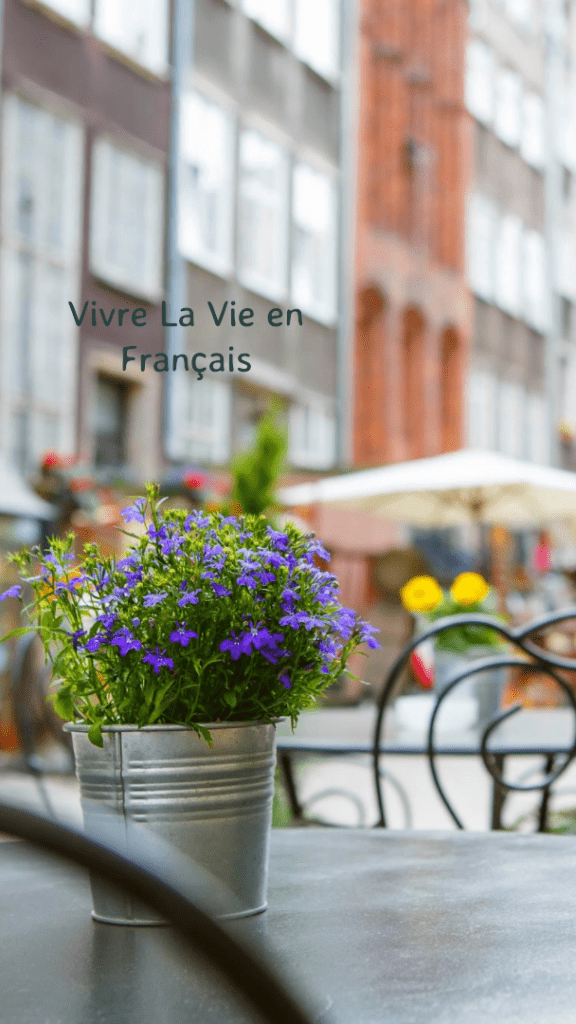Introduction
France is a beautiful country with a rich history and culture. It is also a popular destination for investors and expats. In this article, we will discuss the pros and cons of investing and moving to France, as well as provide some resources to help you get started.
Brief Overview of the Location
France is located in Western Europe. It is the largest country in Western Europe, and the fifth largest country in Europe overall. France is bordered by Belgium, Luxembourg, Germany, Switzerland, Italy, Monaco, Andorra, and Spain. The capital of France is Paris, which is one of the most popular tourist destinations in the world.
Historical Background
France has a long and rich history. The first humans arrived in France over 1 million years ago. The country was first inhabited by the Gauls, who were a Celtic people. The Romans conquered Gaul in the 1st century BC, and France became part of the Roman Empire. After the fall of the Roman Empire, France was divided into several kingdoms. In the 10th century, the Kingdom of France was unified under the Capetian dynasty.
Current Status/Popularity
France is a popular tourist destination, and is home to many world-famous landmarks, such as the Eiffel Tower, the Louvre Museum, and the Palace of Versailles. France is also a popular destination for investors. The country has a strong economy, and is a member of the European Union.
Geographical Features
France is a diverse country with a variety of geographical features. The country is home to mountains, forests, beaches, and rivers. The Alps are located in the southeastern part of France, and the Pyrenees are located in the southwestern part of the country. The French Riviera is a popular tourist destination, and is known for its beaches and mild climate.
Cultural Heritage
France has a rich cultural heritage. The country is home to many famous artists, writers, and musicians. France is also home to a number of UNESCO World Heritage Sites, such as the Palace of Versailles and the Mont Saint-Michel.
Notable Landmarks or Attractions
In addition to the landmarks mentioned above, some other notable landmarks or attractions in France include:
- The Arc de Triomphe
- The Notre Dame Cathedral
- The Palace of Fontainebleau
- The Château de Chambord
- The Luberon
- The Dordogne
- The French Riviera
- The Loire Valley
Living in the Location
Expat Community
France has a large expat community. There are over 1 million foreigners living in France, and the majority of them are from other European countries. The expat community in France is very welcoming, and there are many resources available to help newcomers adjust to life in the country.
Cost of Living
The cost of living in France varies depending on the city or region. In general, the cost of living in France is higher than in the United States. However, there are some ways to save money, such as cooking at home and taking advantage of public transportation.
Housing
The cost of housing in France varies depending on the city or region. In Paris, the average rent for a one-bedroom apartment is around €1,000 per month. In other cities, the cost of housing is lower.
Transportation
Public transportation in France is efficient and affordable. The national rail network, SNCF, provides service to all parts of the country. There are also a number of regional bus and tram networks.
Utilities
The cost of utilities in France varies depending on the city or region. In general, the cost of utilities is higher than in the United States. However, there are some ways to save money, such as choosing a green energy supplier.
Food and Entertainment
French food is world-renowned, and there are many restaurants to choose from in France. The cost of eating out in France can be expensive, but there are also many affordable options available. There are also a number of cultural attractions in France, such as museums, theaters, and concert halls.
Lifestyle

The lifestyle in France is very different from the lifestyle in the United States. In France, there is a strong emphasis on work-life balance. People in France typically work fewer hours than people in the United States, and they often take long vacations. France is also a very family-oriented country.
Activities and Events
There are many activities and events to enjoy in France. Some popular activities include:
- Visiting museums and art galleries
- Hiking and biking
- Skiing and snowboarding
- Attending festivals and concerts
- Exploring the countryside
Safety and Health Care
General Safety
France is a safe country. The crime rate in France is relatively low, and the country is considered to be one of the safest in the world. However, as with any country, it is important to be aware of your surroundings and take precautions against petty theft.
Health Care for Foreigners/Americans
Health care in France is excellent. The country has a universal health care system, which means that all residents are entitled to free or low-cost health care. However, foreigners may need to purchase private health insurance if they want to be covered for all eventualities.
Visa and Residency Information for Americans
Types of visas available
There are a number of different types of visas available for Americans who want to live in France. The most common type of visa for Americans is the long-stay visa, which allows you to stay in France for up to one year. There are also visas available for students, business people, and retirees.
Types of visas available for Americans
The most common type of visa for Americans is the long-stay visa, which allows you to stay in France for up to one year. There are also visas available for students, business people, and retirees.
- Long-stay visa: This visa is for people who want to stay in France for longer than 90 days. There are a number of different types of long-stay visas, depending on your reason for wanting to stay in France.
- Student visa: This visa is for people who want to study in France. You will need to provide proof of acceptance to a French school, as well as proof of financial support.
- Business visa: This visa is for people who want to work in France. You will need to provide proof of a job offer, as well as proof of financial support.
- Retirement visa: This visa is for people who want to retire in France. You will need to provide proof of retirement income, as well as proof of health insurance.
Process of obtaining a visa
The process of obtaining a visa for France can be complex. You will need to apply for a visa at the French embassy or consulate in your home country. The application process will require you to provide a number of documents, including your passport, proof of financial support, and a medical certificate.
The specific documents you will need will vary depending on the type of visa you are applying for. However, some of the most common documents include:
- Your passport
- A completed visa application form
- A recent passport-style photo
- Proof of financial support
- A medical certificate
- Proof of your reason for wanting to stay in France (e.g., a letter of acceptance to a French school, a job offer, or proof of retirement income)
Once you have submitted your application, the French embassy or consulate will review your application and decide whether to grant you a visa. The process of reviewing your application can take several weeks or even months.
Tips for obtaining a visa
Here are a few tips for obtaining a visa for France:
- Start the application process early. The process of obtaining a visa can take several weeks or even months, so it is important to start the process early.
- Be sure to provide all of the required documents. The French embassy or consulate will not consider your application if you do not provide all of the required documents.
- Be clear about your reason for wanting to stay in France. The French embassy or consulate will want to know why you want to stay in France, so be clear about your reasons.
- Be patient. The process of obtaining a visa can take several weeks or even months, so be patient
The process of obtaining a visa for France can be complex. You will need to apply for a visa at the French embassy or consulate in your home country. The application process will require you to provide a number of documents, including your passport, proof of financial support, and a medical certificate.
Requirements for residency
If you want to stay in France for longer than one year, you will need to apply for residency. The requirements for residency vary depending on your reason for wanting to stay in France. However, in general, you will need to prove that you have a valid reason for staying in France, such as a job, a student visa, or a marriage to a French citizen.
Weather and Climate
General climate
The climate in France varies depending on the region. The northern part of France has a temperate climate, with warm summers and cool winters. The southern part of France has a Mediterranean climate, with hot, dry summers and mild winters.
Seasonal changes
The seasons in France are very distinct. Spring is a beautiful time to visit France, as the weather is mild and the flowers are in bloom. Summer is the most popular time to visit France, as the weather is warm and sunny. Fall is also a lovely time to visit France, as the leaves change color and the weather is still mild. Winter can be cold in France, but there are many opportunities for skiing and snowboarding.
Conclusion
France is a beautiful country with a lot to offer. If you are considering investing or moving to France, there are a few things you should keep in mind. The cost of living in France is higher than in the United States, and the language barrier can be a challenge. However, the quality of life in France is excellent, and the country has a rich culture and history.
Additional Resources with links
- Official website of the French government: https://www.gouvernement.fr/en
- France travel guide: https://www.lonelyplanet.com/france
- French language learning resources: https://www.frenchtoday.com/







